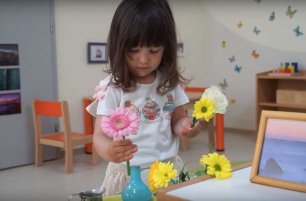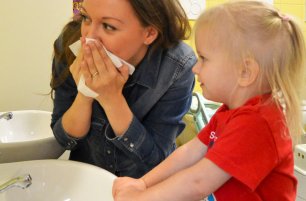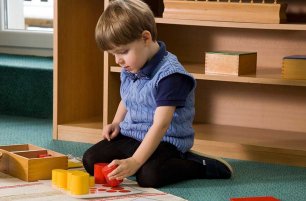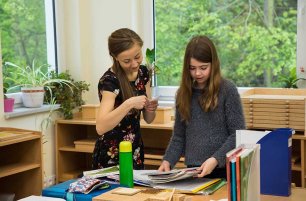Mones
Sorry, this article is only in Czech.

Check out our video made by the International Montessori School of Prague community! We are happy to share our vision for Montessori education with all. It features our inspiring students, teachers, school leadership, alumni and parents. Let us know what you think!
Read more
In our classrooms, we take every opportunity to teach our students how they can independently take care of themselves throughout the day.
Read more
The materials in the Sensorial area of the Montessori classroom are quite unique – they speak to the tactile observer in all of us. When you consider the way humans take in information, you realize how often we use more than one sense to explore. Maria Montessori’s work in the Sensorial environment was designed to take advantage of this tendency. Today, I will discuss the materials featured in the Children’s House classroom (ages 3-6).
Read more
The fundamental aim of Montessori education is to help children become fully-fledged citizens of the world. How do we achieve something so monumental?
Read more
We all know the scene: a frustrated parent, a child that refuses to listen and do as they’re told, the fight that no‑one wins.
Read more